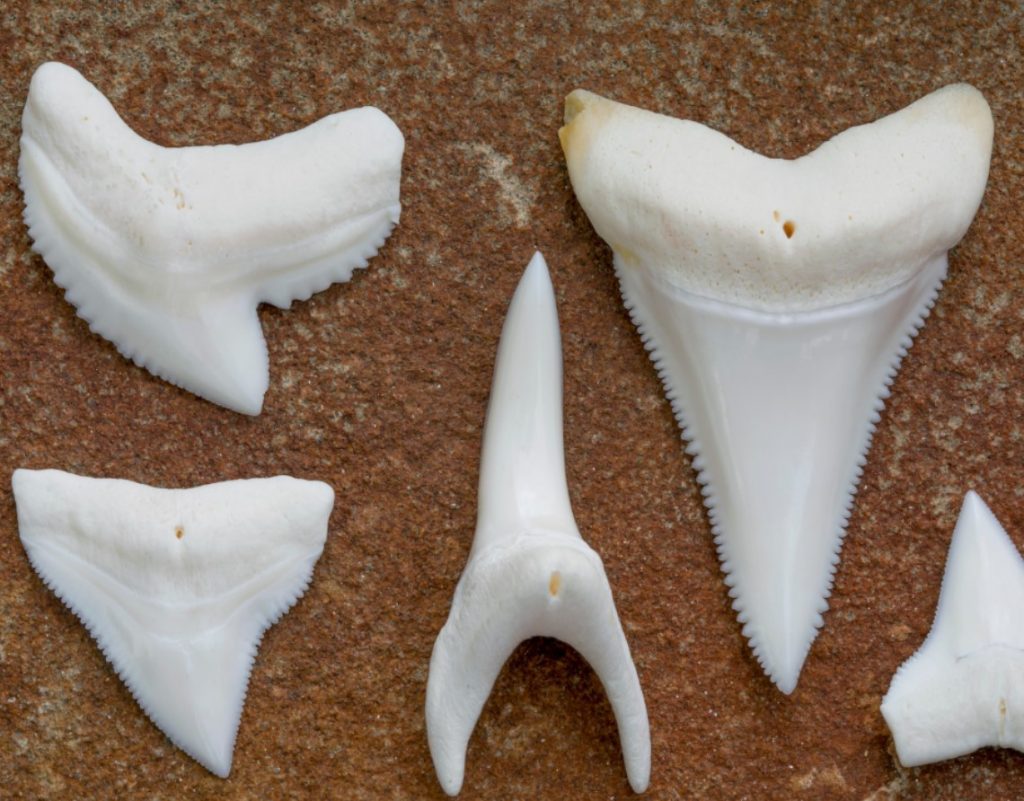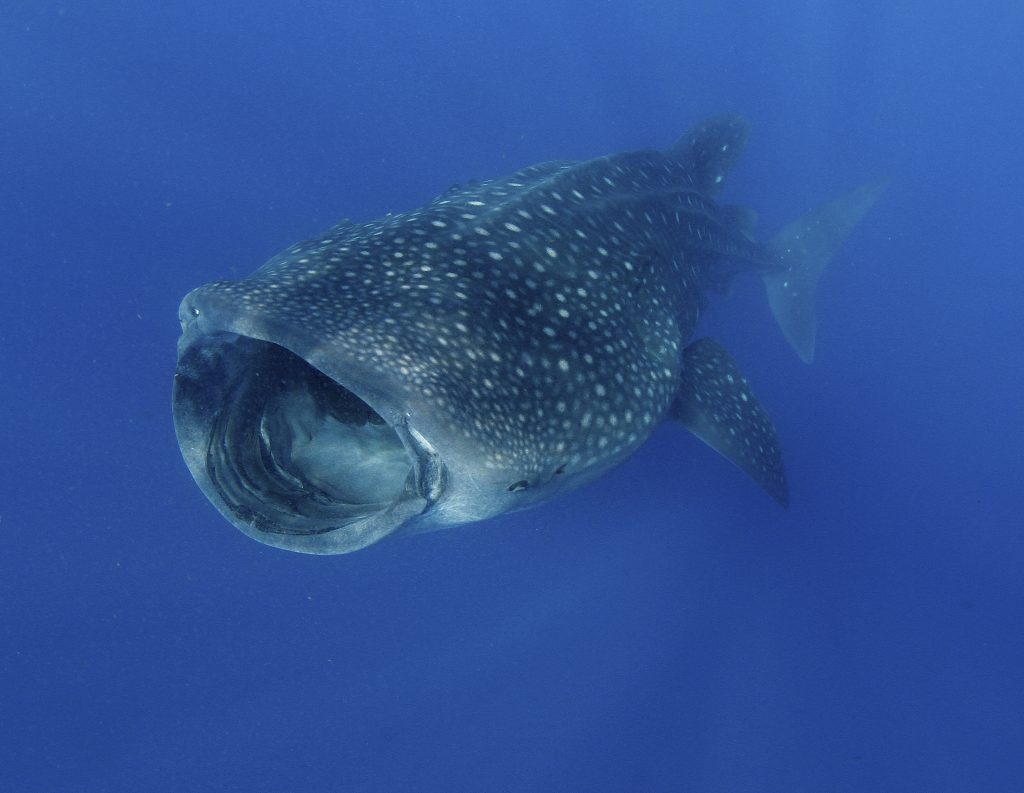
Whale sharks and large aggregations of spawning reef fish were once the stars of Gladden Spit, attracting tourists from around the world and providing a lucrative source of income for at least six dependent communities. However, the predictable seasonal aggregations of whale sharks, which were studied from 1998 to 2004 as they fed on the spawn of reproducing snappers, declined from 2008, impacting the livelihoods of many families dependent on encounter tourism and tourism revenues in Belize. Whale sharks are now rarely sighted in Belize, despite the persistence of spawning fish, perplexing both fishermen and tour operators.
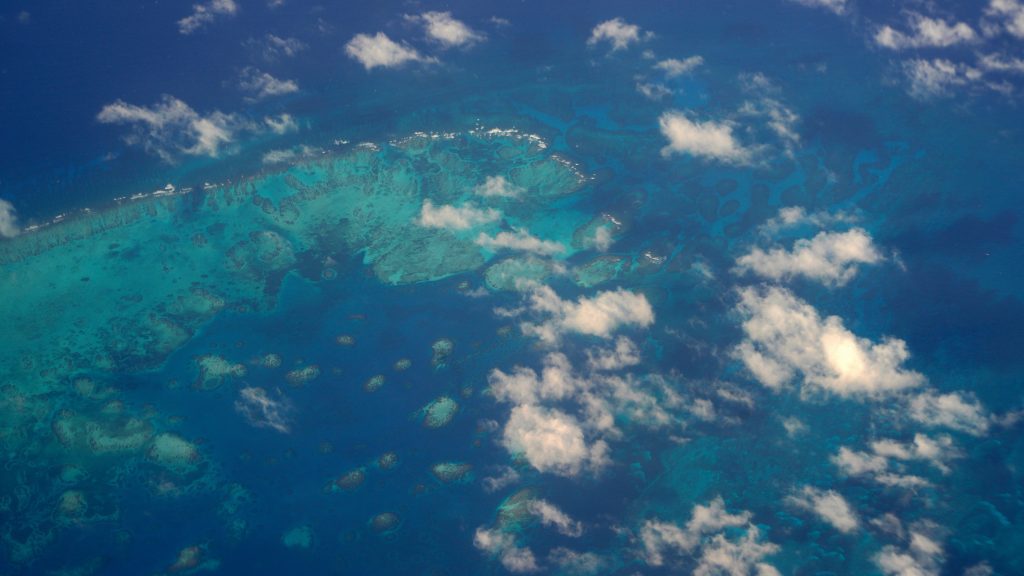
The many challenges to consistent monitoring at Gladden Spit over the past decade has made it difficult to determine the cause of these fluctuations and to develop effective management measures. Meanwhile, fishers have noticed an increase in other shark species competing for their catch, and while some have increased fishing efforts on the spawning aggregation, this change may present an opportunity to diversify and expand wildlife encounter tourism.
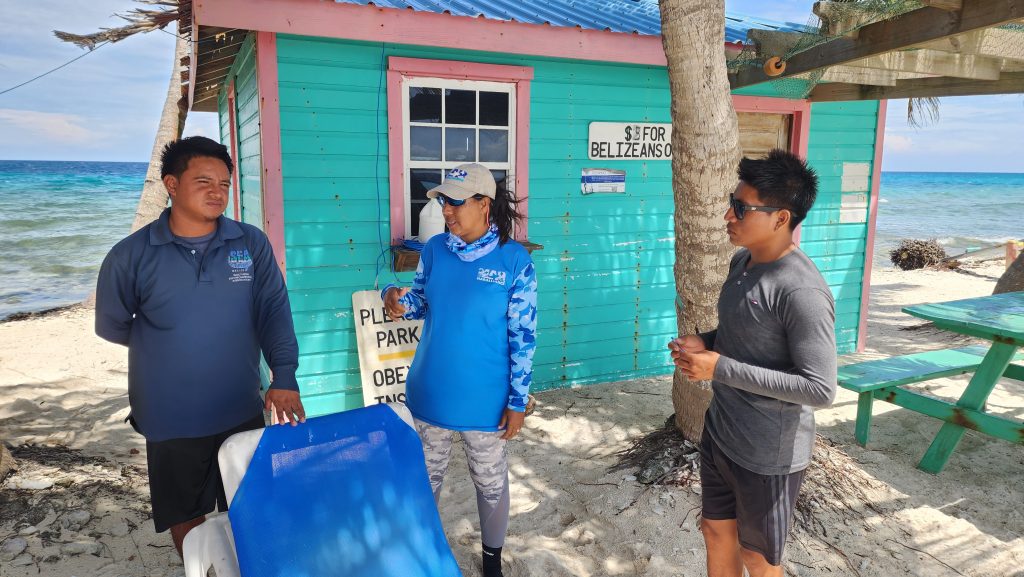
In response to these mysteries, we developed a broad multi-year project that is now thankfully funded by the Belize Fund for Sustainable Financing (BFSF) to answer the questions and concerns raised by Gladden’s fishers, communities, and protected area managers and project partners the Southern Environmental Association as well as the Belize Fisheries Department. Understanding restoring Gladden Spit’s species abundance and tourism potential requires both scientific research and the engagement and active participation of its local communities and stakeholders. We will be working with Gladden’s dependent communities and stakeholders as we seek to demystify whale shark visitation and possible new aggregation sites, the status of the fish-spawning aggregations (FSA), the abundance, diversity, seasonality and behaviors of other shark species using the FSA, and how this can be leveraged into diversified encounter tourism that can offset catch losses in fisheries. The project is committed to revitalizing the economic benefits of sustainable fisheries and tourism, and therefore key long-term goals include the sustainable management of the FSA and support for the growth of sustainable and diversified wildlife encounter tourism in Southern Belize. Both will boost Belize’s Blue Economy for the benefit of local communities that depend on wildlife resources at Gladden Spit and the Silk Cayes Marine Reserve.
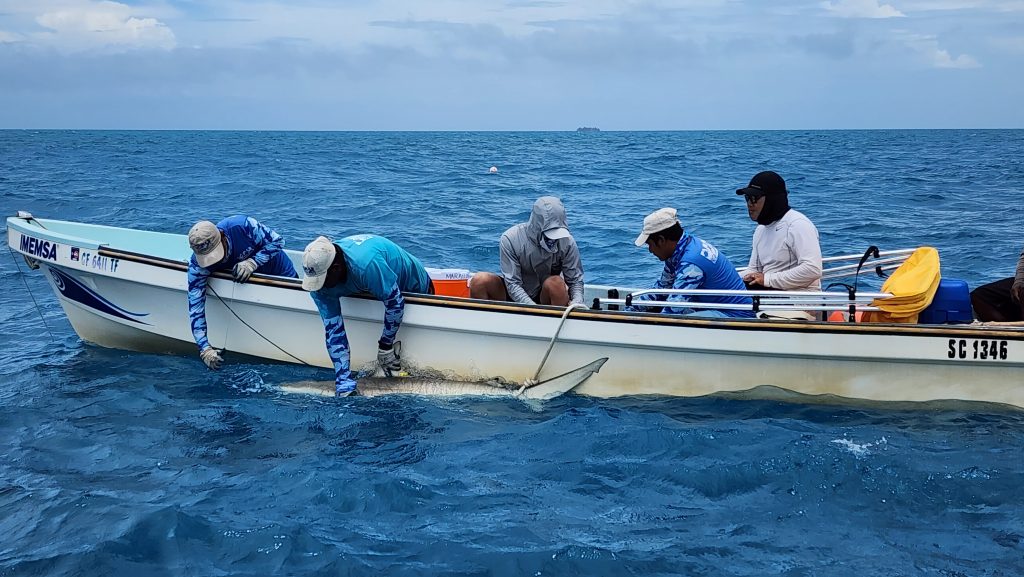
Our collaborative initiative to restore science, community engagement, FSAs and wildlife tourism at Gladden Spit is a beacon of hope for the area’s marine ecosystems and the many local communities that depend on them. With the support of the local communities, other stakeholders, and responsible visitors, we envision that Gladden Spit can once again thrive as a vibrant marine reserve benefiting marine life and the local economy.
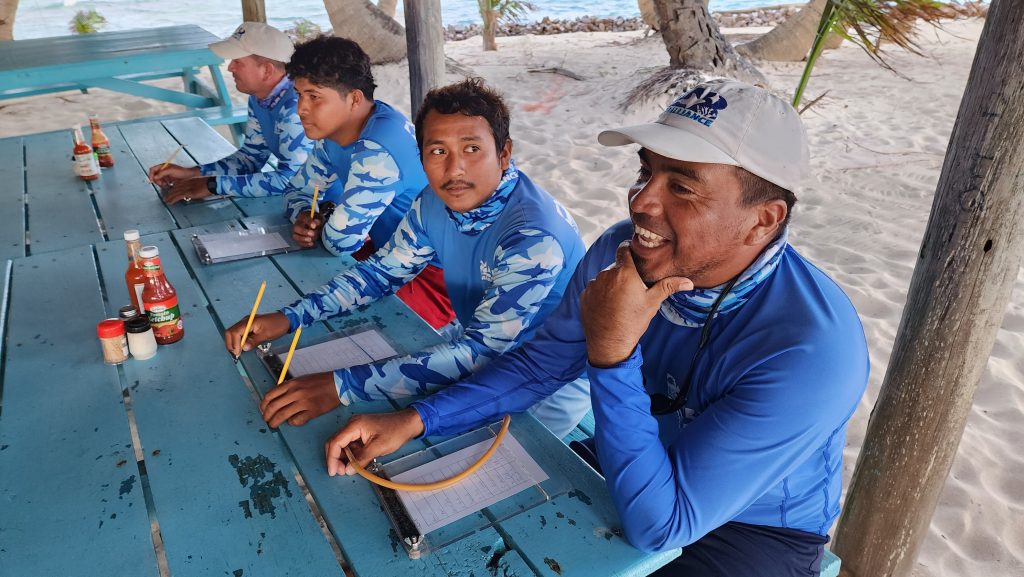
Please visit our project page for more details on the objectives, activities and partners of this project. If you are interested in knowing more about the species or fish spawning aggregations visit our species page, and to partner with us or support our efforts at Gladden Spit, please reach out to us or donate here.



